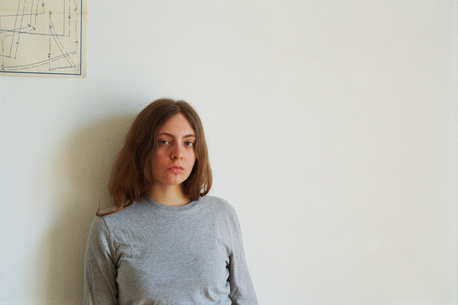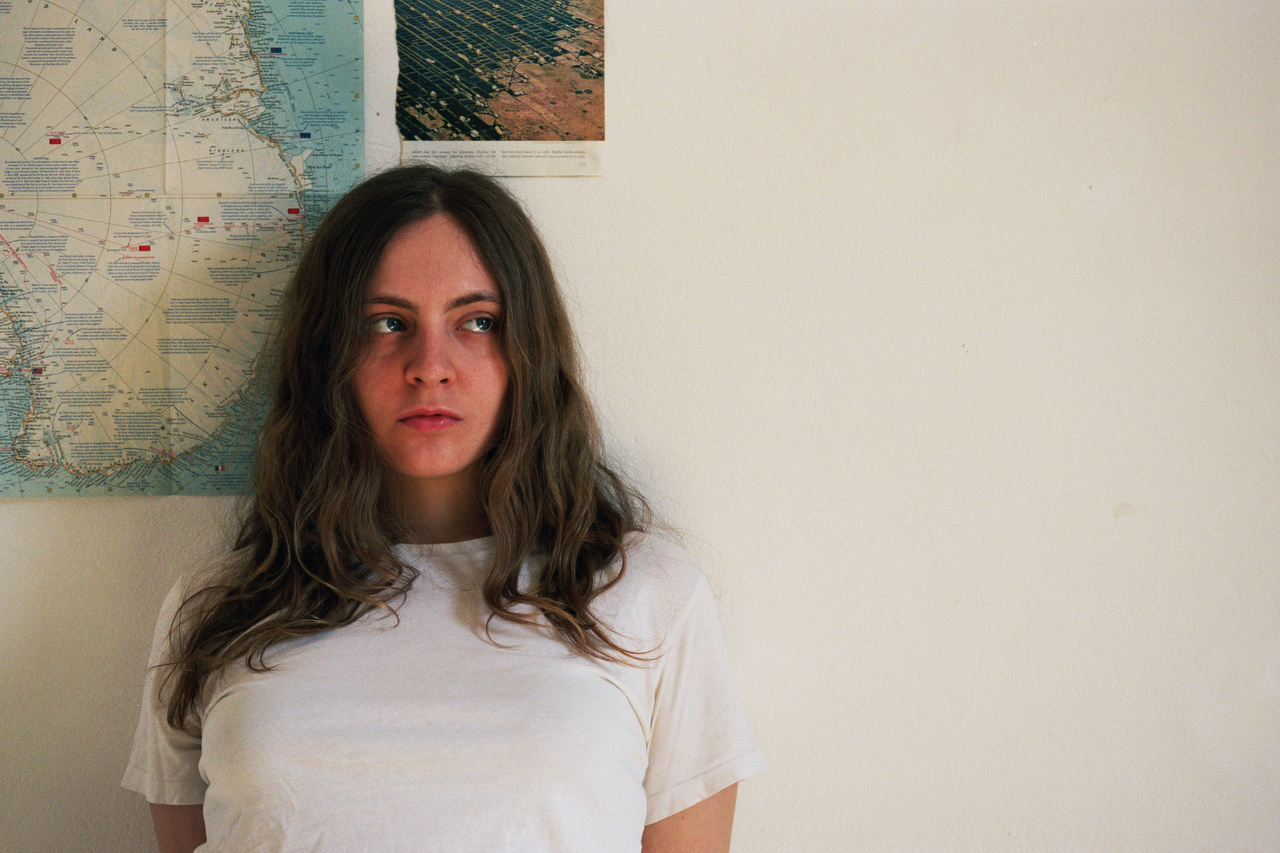
Adele Nigro aka Any Other. Photo Credits: Mattia Savelli
The article of Rolling Stone that praises you as the best Italian female musician felt like a poor attempt to remedy to their previous publication of a men-only list of best Italian albums of the years. How do you navigate this patriarchal hipster-macho environment as a feminist, and what reactions did you have to the article I am talking about?
I won’t hide you the fact that I appreciated it to a certain extent, in the sense that there were some really nice words. But yes, the first thing I thought was:
ok, now I should draft a list of women who released records this year and send it to Rolling Stone. But then I remember that in those same days it came out an article about
Tiziano Ferro in which they criticized the fact that he’s gay but writing “songs about straight people”…and then I thought:
“come on guys! What are we talking about? No!” I was like,
look Rolling Stone, now I won’t even send you the list at all! But yes, it was quite like an attempt to cover up something that for me is untrue because it is untrue that women don’t make records. Surely there are women in Italy that released some records, good records, and that maybe aren’t necessarily pop, but they are here, they exist. Music is not only that one circulating by MI AMI or the indie circuit. Music is also a lot of other things, which unfortunately are overlooked. There are too many cis straight males playing [laughs], and most of the times they actually haven’t got anything interesting to say! And unfortunately the thing that drives me mad the most is that it seems like when it’s about people who aren’t men, aren’t white, aren’t straight, etc, it’s as if there’s only one free slot. If there’s a girl who plays, if there’s one then that’s it, that’s enough. It seems to me that no one ever compares, let’s say, Motta and Colapesce [Italian male indie musicians], while this happens quite a lot with non-white, male musicians.
I decided that for this new record by Any Other, concerning interviews and so on, I won’t talk anymore with men about this matter. And that’s precisely because I realize that even concerning the whole press stuff around my old album, there was a lot of useless pornography on this subject. People asking you
“is it hard to be a woman in the music scene?”, while at the same time drafting lists at the end of the year without including women’s records in them. Or promoters who care so much about adding to their events’ descriptions “this new female voice”, but who then don’t book any other artist who isn’t a man. So, well, honestly, it’s a subject that I don’t want to touch anymore in interviews unless it’s with someone who’s indeed not a man only interested in it for self-congratulatory purposes.
You’ll end up being cornered in this category of “oh look, how special, there’s one of this kind”.
Yes, when actually it isn’t like this at all. For the new record by Any Other, out of the musicians who played in it, we’re 5 women and 2 men. It was something I really cared about. And at the end out of the two guys one is Marco (aka
Halfalib), one is
Alessandro, the drummer who plays with us live, too. But all the others are female musicians. For bari sax I wrote to
Laura Agnusdei, for violin I wrote to
Yoko Morimyo.
I don’t know if you follow the Italian trap music scene (a world I don’t know so well), but anyway, there’s this friend whose album I produced with Marco, he’s called
Generic Animal, and he happens to work with this guy
Ketama126. I recently saw some videos on Instagram where there’s this guy and another trap guy saying: “We’re feminists”. It was quite oversimplified as a discourse, but they were saying “if you touch women you’re shit, if you’re racists you’re shit, if you pick on the weaker ones you’re shit, we’ll kick your ass”. I mean it was quite an easy approach, it was quite simple, but I thought: they’re actually the first guys (in Italy) with some followers who explicitly say they are feminist. At least they’re doing something. We’re here as women thinking so much about these things, quite rightfully so, while men who are playing and who have a big audience don’t even pose themselves the problem, when they could really have a quite strong media impact. Especially the ones who present themselves as politically active. And this really bothers me.


